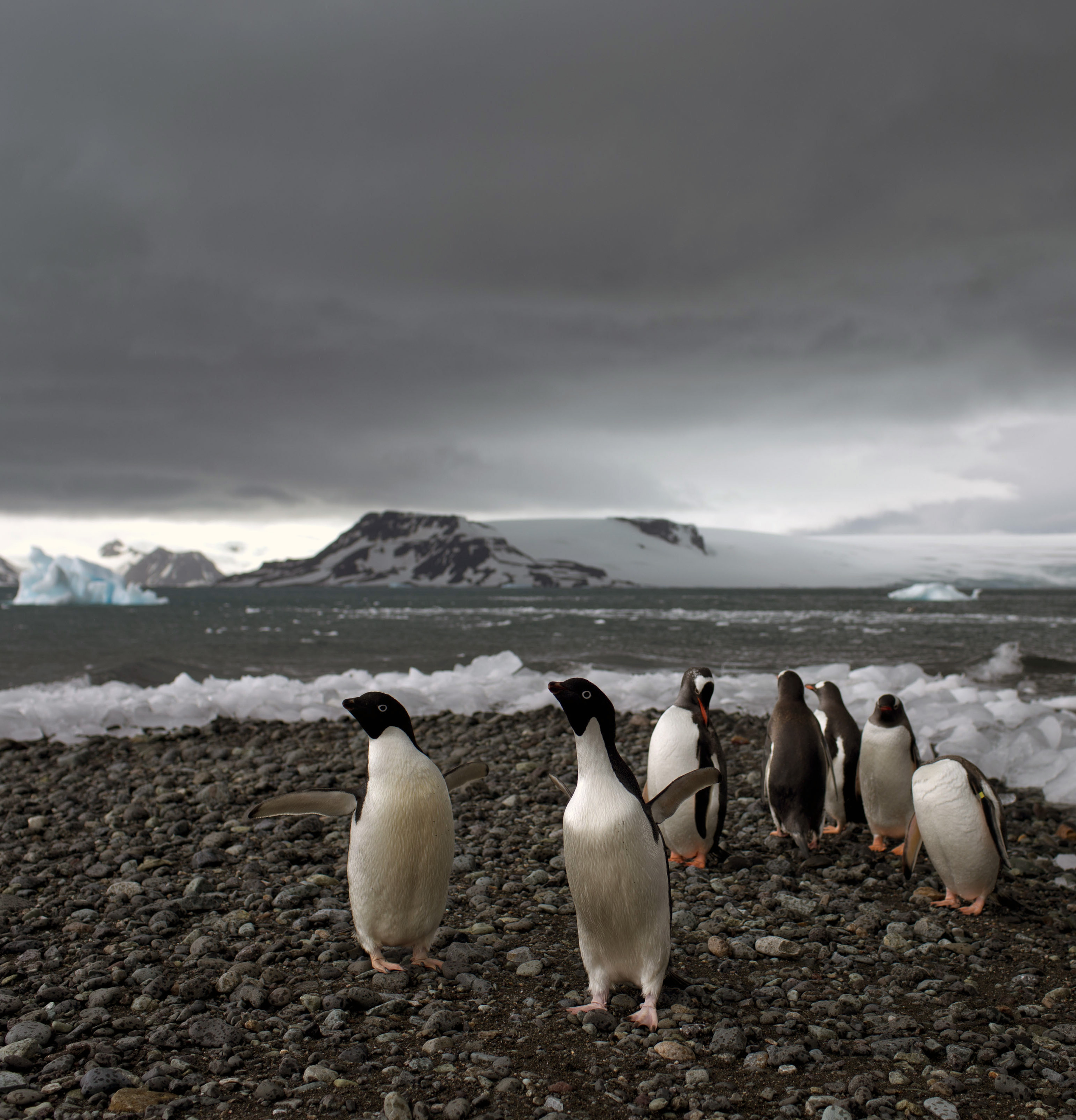
Antarctica: Mystery continent holds key to mankind’s future
Earth’s past, present and future come together here on the northern peninsula of Antarctica, the wildest, most desolate and mysterious of its continents. Clues to answering humanity’s most basic questions are locked in this continental freezer the size of the United States and half of Canada: Where did we come from? Are we alone in the universe? What’s the fate of our warming planet? The first explorers set foot in Antarctica 194 years ago hunting 19th century riches of whale and seal oil and fur, turning tides red with blood. Since then, the fist-shaped continent has proven a treasure chest for scientists trying to determine everything from the creation of the cosmos to how high seas will rise with global warming.
We’re also learning about the real antiquity of the Earth and how [continents] were configured together a billion years ago, half a billion years ago, 300 million years ago.
Richard Spikings, a research geologist at the University of Geneva
About 4,000 scientists come to Antarctica for research during the summer and 1,000 stay in the more forbidding winter. While tourists come to Antarctica for its beauty and remoteness, scientists are all business. What they find could affect the lives of people thousands of miles away; if experts are right, and the West Antarctic ice sheet has started melting irreversibly, what happens here will determine if cities such as Miami, New York, New Orleans, Guangzhou, Mumbai, London and Osaka will have to regularly battle flooding from rising seas. Last year researchers calculated that ice on the western side of the continent was melting faster than expected. Last month, scientists researching vital geology in that melting were looking a half mile under the ice in pitch dark and found a surprise: fish 15 centimetres long and shrimp-like creatures swimming by their cameras.
[Antarctica] is big and it’s changing and it affects the rest of the planet and we can’t afford to ignore what’s going on down there.
David Vaughan, science director of the British Antarctic Survey

Science